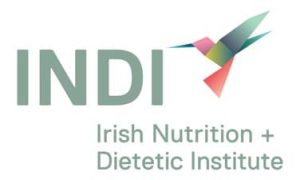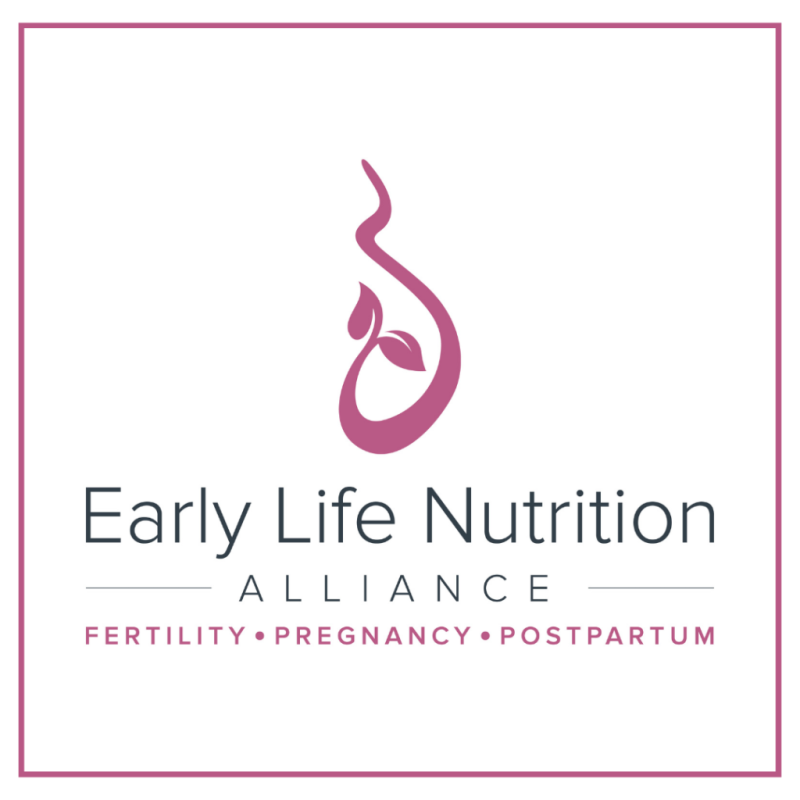s a certified fertility dietitian and intuitive eating counsellor I work with clients in a non-judgement, supportive environment. I apply evidence based practice without focusing on weight as an indicator of health.
I often get clients who are thinking about conceiving, who are already well into their fertility journey or those who have been told that they have a condition (such as PCOS or endometriosis) which may make it more difficult to conceive.
Often they have been told:
“Just lose weight.”
“You’ve only been trying for 6 months? Come back when it’s been a year.”
“Your BMI is too ‘high’ to qualify for fertility treatment”
“Nutrition doesn’t matter for fertility.”
“Go gluten free and dairy free and cut out sugar.”
As you can see there is so much conflicting information around nutrition and reproductive health that it can often feel like a scary, judgemental, unsupportive space which leaves people feeling invalidated and frustrated. This is even more apparent if you’ve already been working hard on having a healthy relationship with food. These confusing messages can make you feel like you have to sacrifice your recovery in order to conceive, or have left you googling for hours and feeling more lost than when you began.
In reality, there are clear, evidence-based nutrition strategies to improve both male and female fertility without restrictive diets. You can conceive and have a healthy pregnancy in any size body.
In my practice I focus on other parameters of health and nutrition which will have a far greater benefit to you compared to restricting food in order to reduce the number on the scale which in turn can worsen your relationship with food or arise past issues of disordered eating or eating disorders.
People often come to me after being told that they need to lose weight in order to become pregnant or to access reproductive therapy.
Often weight loss is advised for those in bigger bodies in order to improve the chances of becoming pregnant. Weight loss targets set can be extremely variable. These targets are often unattainable, unrealistic and can exacerbate existing stress for individuals, which is definitely not going to improve chances of conceiving.
All of the evidence we have on weight loss suggests that for the majority of people, manipulating our body’s weight shape or size is very difficult. Weight loss is possible for most people, however any weight lost will usually be regained within 2-5 years. Around 30-60% of people regain weight above baseline. This is often referred to as ‘set point weight theory’, or our genetic predisposition to be within a certain weight range. When the body is withheld from food or restricted, the body works really hard to return to its ‘set point’. It does this by adjusting the metabolism to be more or less efficient with the energy it receives from food. It’s not something that can be ‘hacked’ or controlled, and it’s the body’s way of protecting itself.
Why I don’t recommend restrictive diets for weight loss while trying to get pregnant:
Diets for weight loss are essentially implementing a calorie deficit to starve our bodies. Our bodies do not actually know if this is a self imposed starvation or a famine. And when starvation is present our body cleverly starts to slow down some of our physiological processes in order to preserve energy whilst simultaneously increasing hunger signals in order to seek out food. Hence why when we are on diets all we want to do is eat and seem to be constantly thinking about food. Over time, yo-yo dieting actually makes losing weight even more difficult as our body assumes that a period of starvation (or another restrictive diet) is going to be happening again soon. It therefore stocks up on fat stores when there is food available hence why people tend to gain more weight after a diet stops and find it so difficult to lose weight again.
In the context of fertility, what we do know is that a happy, nourished body will have a better chance of conceiving versus an undernourished, unhappy body.
How to improve reproductive health without focusing on weight loss:
Of course the right nourishment is important in optimising diet and lifestyle throughout every stage of your fertility journey.
I work with each of my clients in an individualised, non-judgemental yet evidence based approach. I understand that we are all built differently, in bodies of all shapes and sizes. I focus on health rather than weight and involve every person I work with in setting their goals at every step of the way.

I support clients by firstly ensuring that you are actually eating enough food as well as eating the right foods. After all, what we eat influences our egg and sperm development which in turn will make that baby. I carry out full nutritional and lifestyle assessments, taking into account medical & dieting history, food intake, lifestyle, current and past blood results and medication. All education and advice is tailored to where on the fertility journey each person or couple are at. Using the most recent recommendations I provide bespoke supplementation guides alongside nutritional advice in order to optimise every chance of conceiving. All clients are supported through a weight-inclusive, food-positive process by implementing the intuitive eating framework with a HAES™approach. This supports you in working towards healing disordered eating and improving relationships with food and body. Intuitive eating is an evidence based framework that supports the pursuit of health without focusing on weight or body size. Importantly it does not trigger disordered eating or poor mental health.
So whether you are thinking about trying to conceive, are thinking about seeking support with assisted reproductive treatments, are already undergoing treatment or if you have been diagnosed with a condition which may make it more challenging in conceiving, working with a specialist fertility dietitian can help. I can help support you with optimising the chances of you and/or your partner in conceiving whilst maintaining (or improving) your relationship with food and yourself long-term.









